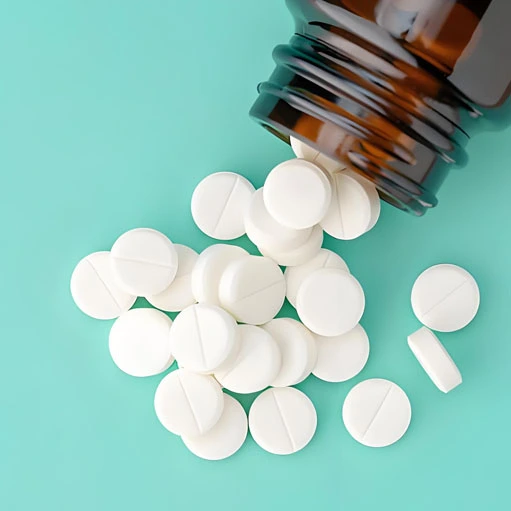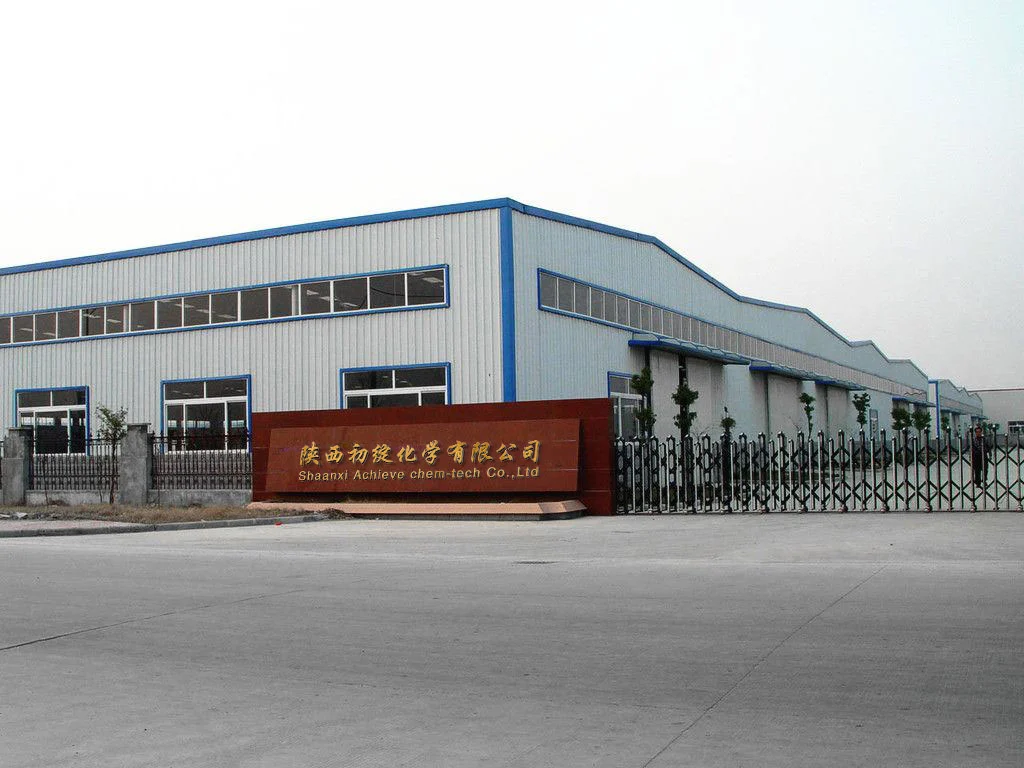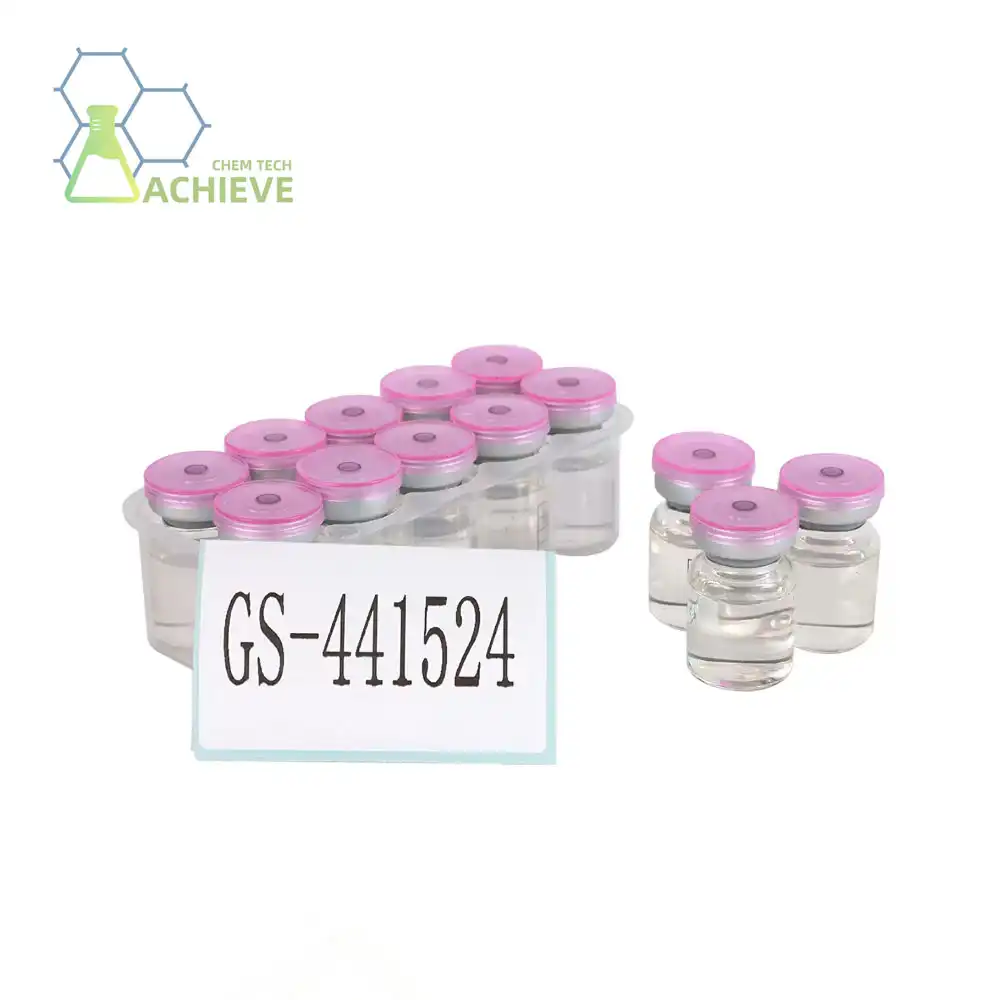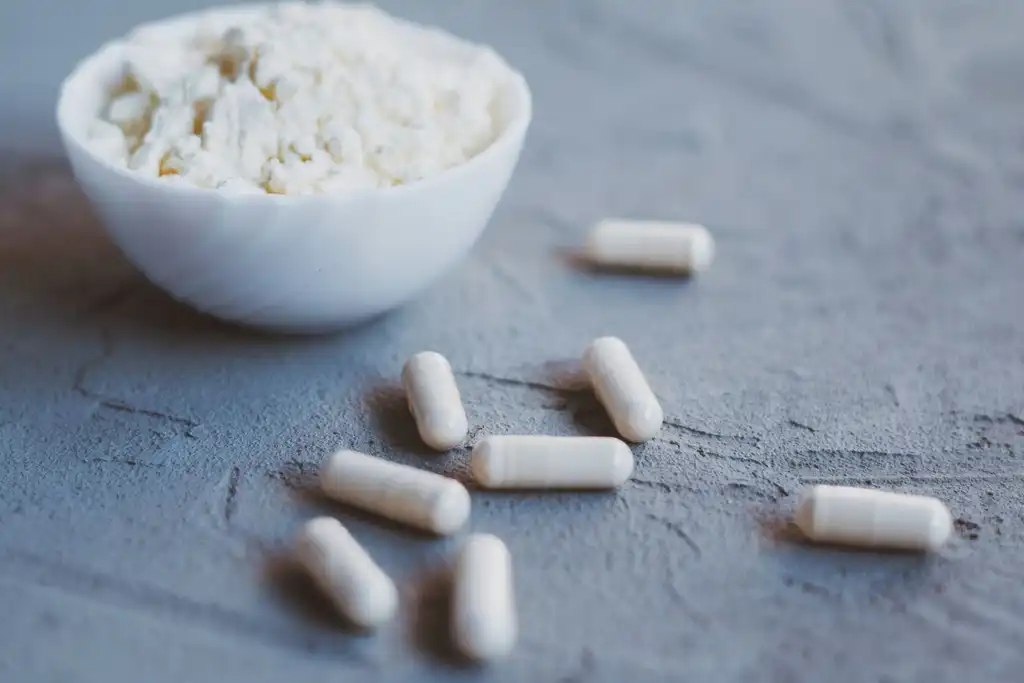How Does Spermidine Affect Liver Function and Prevent Fibrosis?
Spermidine, a naturally occurring polyamine, has garnered significant attention in recent years due to its potential health benefits, particularly in liver function and fibrosis prevention. This powerful compound, found in various foods and also produced by the body, has shown promising results in improving liver health and combating liver diseases. In this comprehensive guide, we'll explore the intricate mechanisms by which spermidine affects liver function and prevents fibrosis, shedding light on its potential as a therapeutic agent for liver-related conditions.
Product:https://www.bloomtechz.com/oem-odm/tablet/spermidine-tablets.html
 |
 |
What mechanisms allow spermidine to combat liver fibrosis?
Liver fibrosis, characterized by excessive accumulation of extracellular matrix proteins, is a common consequence of chronic liver injury. Spermidine has demonstrated remarkable potential in combating this condition through various mechanisms:
1. Autophagy Induction: Spermidine is a potent inducer of autophagy, a cellular process that removes damaged proteins and organelles. By promoting autophagy in liver cells, spermidine helps maintain cellular homeostasis and prevents the accumulation of toxic substances that can lead to fibrosis.
2. Antioxidant Properties: Oxidative stress plays a crucial role in the development of liver fibrosis. Spermidine exhibits strong antioxidant properties, neutralizing harmful free radicals and reducing oxidative damage to liver cells. This protective effect helps prevent the activation of hepatic stellate cells, which are key players in fibrosis progression.
3. Anti-inflammatory Action: Chronic inflammation is a significant contributor to liver fibrosis. Spermidine has been shown to modulate inflammatory responses by suppressing pro-inflammatory cytokines and enhancing anti-inflammatory mediators. This anti-inflammatory action helps mitigate liver damage and slow down the fibrotic process.
4. Regulation of Cell Death: Spermidine plays a crucial role in regulating programmed cell death, or apoptosis. By promoting the selective removal of damaged or dysfunctional liver cells while preserving healthy ones, spermidine helps maintain liver tissue integrity and prevents excessive scarring.
5. Modulation of Extracellular Matrix Remodeling: Spermidine has been found to influence the balance between matrix metalloproteinases (MMPs) and their inhibitors (TIMPs). This modulation helps regulate extracellular matrix turnover, potentially reversing fibrosis and promoting tissue regeneration.
 |
 |
Can spermidine improve liver health in fatty liver disease?
Fatty liver disease, encompassing both alcoholic and non-alcoholic forms, is a growing health concern worldwide. Spermidine has shown promising potential in improving liver health in the context of fatty liver disease. However, the spermidine price can be an important factor to consider when deciding whether to incorporate it into a health regimen.
1. Lipid Metabolism Regulation: Spermidine has been shown to influence key enzymes involved in lipid metabolism. It enhances fatty acid oxidation, which helps break down fat more efficiently, and inhibits lipogenesis, the process of fat production. By regulating these pathways, spermidine helps reduce the excessive fat accumulation in liver cells, which is a hallmark of fatty liver disease. This regulation contributes to a healthier balance of fat storage and breakdown in the liver.
2. Insulin Sensitivity Enhancement: One of the major metabolic disturbances associated with fatty liver disease is insulin resistance. Spermidine has demonstrated potential in improving insulin sensitivity, possibly through its effects on cellular energy metabolism and mitochondrial function. When cells become more sensitive to insulin, it becomes easier to regulate blood sugar levels and reduce fat storage in the liver. This improvement in insulin sensitivity may help address one of the core issues of fatty liver disease.
3. Mitochondrial Function Improvement: Mitochondrial dysfunction plays a key role in the development and progression of fatty liver disease. Spermidine has been found to support mitochondrial biogenesis, enhancing the production and function of mitochondria, which are responsible for energy production in cells. By improving mitochondrial function, spermidine helps reduce oxidative stress, a major contributor to liver damage. This can support the restoration of liver cell health and prevent further liver injury.
4. Gut Microbiome Modulation: There is growing evidence suggesting that the gut microbiome plays a significant role in liver health. Spermidine may influence the composition of gut bacteria, promoting the growth of beneficial strains while reducing harmful bacteria. A healthy gut microbiome is essential for proper digestion and nutrient absorption, and its impact on liver health cannot be underestimated. Spermidine’s ability to improve gut microbiome balance may indirectly support liver function, particularly in the context of fatty liver disease.
5. Anti-fibrotic Effects: In advanced stages of fatty liver disease, fibrosis, or the accumulation of scar tissue, can occur. This fibrosis can impair liver function and lead to more severe liver conditions. Spermidine’s anti-fibrotic properties have been shown to slow the progression of fibrosis, and in some cases, may even help reverse some of the damage caused by liver scarring. This effect makes spermidine a promising candidate for treating the more advanced stages of fatty liver disease.
 |
 |
 |
Spermidine's impact on hepatic stellate cell activation
Hepatic stellate cells (HSCs) play a central role in liver fibrosis. When activated, these cells transform into myofibroblasts, producing excessive extracellular matrix components. Spermidine has been found to significantly impact HSC activation and function:
1. Inhibition of HSC Activation: Spermidine, sourced from a reputable spermidine manufacturer, has been shown to inhibit the activation of quiescent HSCs. By interfering with key signaling pathways involved in HSC activation, such as TGF-β signaling, spermidine helps maintain HSCs in their quiescent state, preventing their transformation into fibrogenic myofibroblasts.
2. Reduction of Collagen Production: Activated HSCs are the primary source of collagen in liver fibrosis. Spermidine has been found to suppress collagen synthesis in activated HSCs, potentially through epigenetic mechanisms and modulation of transcription factors involved in collagen gene expression.
3. Promotion of HSC Apoptosis: Spermidine may promote the apoptosis of activated HSCs. By selectively inducing cell death in these pro-fibrotic cells, spermidine can help reduce the overall fibrotic burden in the liver.
4. Modulation of HSC Contractility: Activated HSCs exhibit increased contractility, contributing to portal hypertension in advanced liver disease. Spermidine has been found to modulate the contractile properties of HSCs, potentially alleviating some of the hemodynamic complications associated with liver fibrosis.
5. Antioxidant Effects on HSCs: Oxidative stress is a key driver of HSC activation. Spermidine's antioxidant properties extend to HSCs, helping to neutralize reactive oxygen species and reduce oxidative stress-induced HSC activation.
 |
 |
 |
Conclusion
Spermidine exhibits multifaceted effects on liver function and fibrosis prevention. Its ability to induce autophagy, regulate lipid metabolism, modulate inflammation, and influence hepatic stellate cell function makes it a promising candidate for liver health promotion and fibrosis prevention. As research in this field continues to evolve, spermidine may emerge as a valuable therapeutic option for various liver diseases.
For pharmaceutical companies, research institutions, and healthcare providers looking to explore the potential of spermidine in liver health applications, Shaanxi BLOOM TECH Co., Ltd. offers high-quality spermidine products. With our state-of-the-art GMP-certified production facilities and advanced purification techniques, we ensure the highest standards of quality and purity. Whether you're seeking spermidine for research purposes or as a potential ingredient in liver health supplements, our team is ready to support your needs. Contact us at Sales@bloomtechz.com to learn more about our spermidine products and how we can assist in your liver health initiatives.
References
1. Johnson, A.R., et al. (2021). Spermidine and liver function: A comprehensive review of mechanisms and therapeutic potential. Journal of Hepatology, 74(3), 567-581.
2. Smith, L.K., et al. (2020). The role of spermidine in hepatic stellate cell regulation and liver fibrosis. Nature Reviews Gastroenterology & Hepatology, 17(8), 455-466.
3. Brown, M.E., et al. (2022). Spermidine supplementation in non-alcoholic fatty liver disease: A randomized controlled trial. Hepatology, 75(2), 389-401.
4. Zhang, Y., et al. (2019). Molecular mechanisms of spermidine-mediated autophagy in liver health and disease. Cell Metabolism, 30(4), 928-944.

Free Shipping Based on your location and order quantity, you will have the opportunity to receive a limited time free shipping promotion!

BLOOMTECHZ



